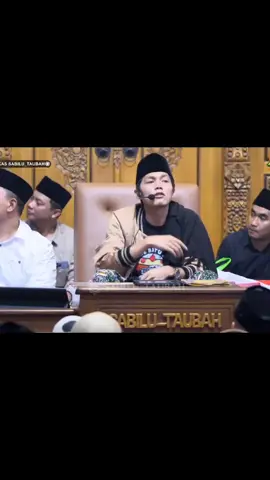外•𝐆𝐢𝐧ヅ🎟️
Region: MM
Tuesday 19 November 2024 02:27:59 GMT
497
69
2
14
Music
Download
Comments
ミ★ ရေအိုးလေး ★彡 :
ကတိဆိုတာဖောက်ဖျက်ဖို့ပါဘဲ
2024-11-19 08:44:15
1
To see more videos from user @kaisen.76, please go to the Tikwm
homepage.





